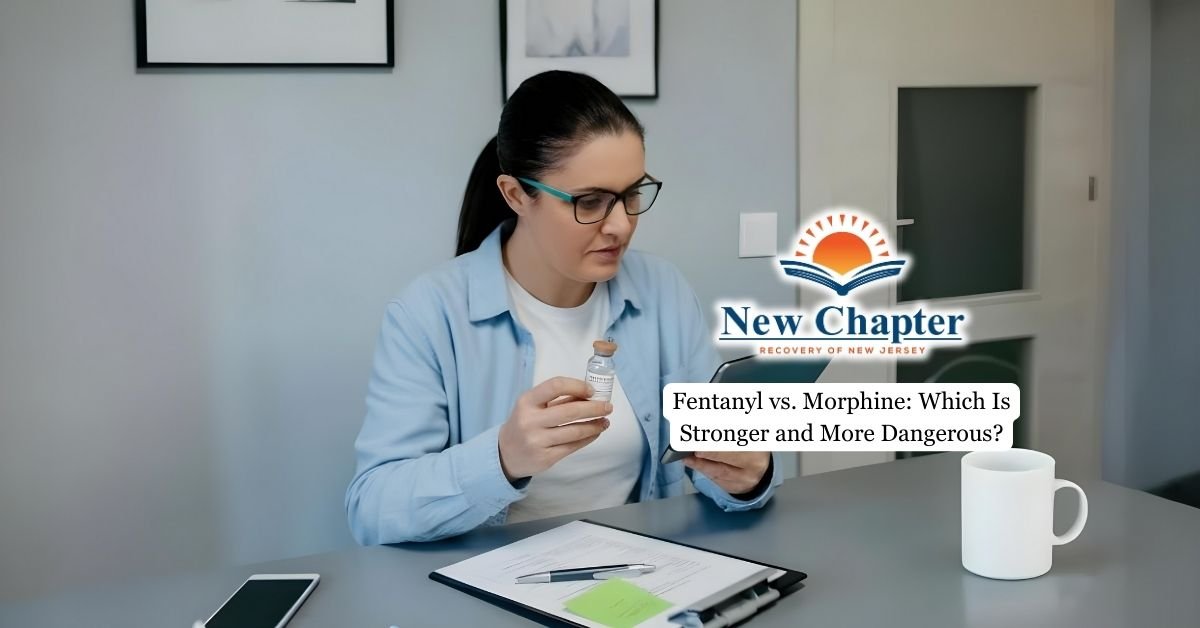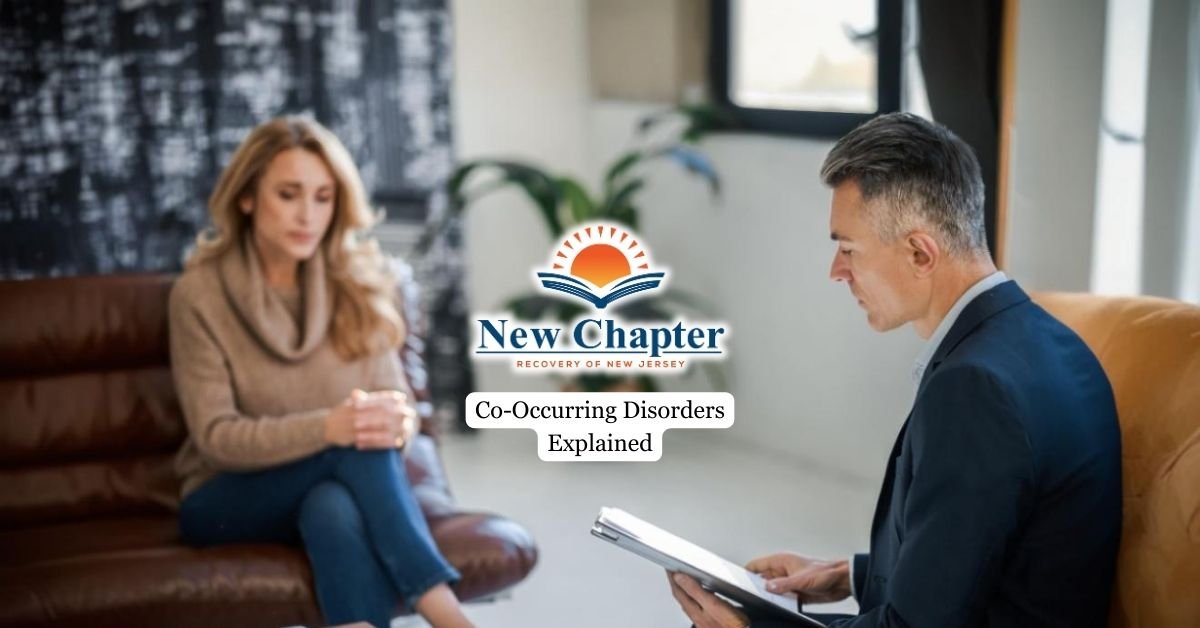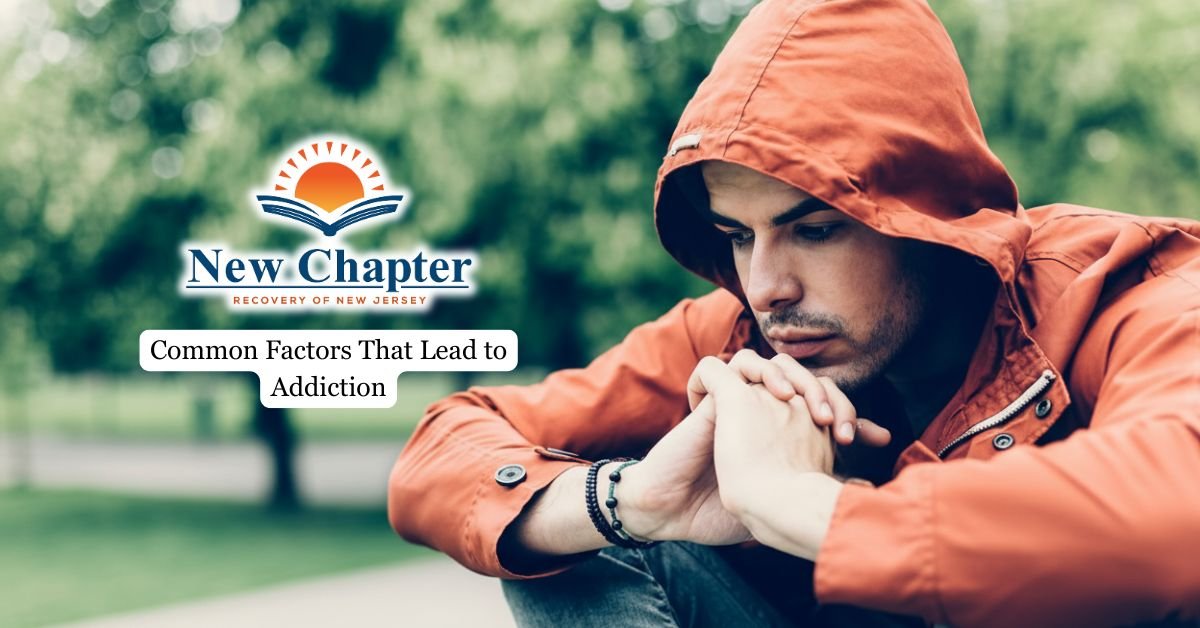The complex interplay between mental health and addiction has long been a topic of intense research and concern among medical professionals. As we explore this intricate subject, it becomes evident that these two issues are closely intertwined, often amplifying each other in ways that can have a profound impact on an individual’s overall well-being.
In this article, we will delve into the various ways in which mental health and addiction intersect, examining the shared risk factors, and the influence of co-occurring disorders on treatment outcomes.

Cycle of Co-Occurring Disorders
Nearly half of those with severe mental health problems also struggle with addiction, emphasizing the significant overlap between these conditions. This complex interplay where substance use disorders and mental health issues exacerbate each other, makes it challenging to break free without professional help.
You may turn to substances as a form of self-medication, seeking relief from the emotional pain caused by underlying mental health issues. However, this only intensifies the symptoms and leads to a dangerous dependence on drugs or alcohol.
Co-occurring disorders complicate diagnosis and treatment efforts, as the presence of one disorder can worsen the other.
To effectively address co-occurring disorders, you need integrated treatment services that tackle both mental health and addiction simultaneously.
Self-Medication and Substance Abuse
You may be seeking relief from the symptoms of anxiety, depression, or trauma, but turning to drugs or alcohol can quickly lead to addiction.
It’s a vicious cycle where mental health issues drive you to self-medicate, and substance abuse exacerbates those very same issues. You’re not alone in this struggle, as approximately 50% of people with severe mental disorders also battle substance abuse.
This dual diagnosis requires specialized treatment that addresses both conditions simultaneously. If you only focus on treating one issue, the other will likely worsen, making recovery more challenging.
You learn more about the essence of psychological dependence and how it differs from addiction here.
Shared Risk Factors
Adverse childhood experiences (ACEs), such as abuse and neglect, significantly elevate your likelihood of struggling with these co-occurring conditions later in life.
If you have a family history of substance use or mental illness, you’re also at a higher risk due to genetic predisposition.
Trauma, particularly post-traumatic stress disorder (PTSD), is another shared risk factor that can make you more susceptible to developing mental health problems and substance use disorders simultaneously.
Psychosocial stressors, like divorce or job loss, can also contribute to the onset of these issues.
It’s important to recognize that mental health and addiction are deeply interconnected. If you’re experiencing depression during or after pregnancy, you may face a higher risk of both mental health challenges and substance use disorders.
Read more about the role childhood trauma plays in developing substance addictions.

Integrated Treatment Approaches
Integrated treatment approaches offer a comprehensive solution for individuals grappling with the complex interplay of mental health and substance use disorders. By addressing both conditions simultaneously, you’re more likely to achieve better recovery outcomes compared to seeking separate treatments.
These approaches incorporate evidence-based practices like cognitive behavioral therapy, medication-assisted treatment, and tailored support groups that target co-occurring issues.
Your personalized treatment plan will consider your specific mental health conditions, substance use history, and readiness for change, ensuring a well-rounded approach. Continuous assessment and adjustment of strategies are key in integrated care, allowing your healthcare team to monitor your progress and adapt to your evolving needs.
Integrated treatment models foster collaboration among providers, enhancing communication and ultimately improving the quality of care you receive.
Early Intervention and Prevention
When you tackle mental health issues promptly, you can prevent the worsening of both conditions and improve overall health outcomes.
Implementing programs that focus on mental health education and awareness can decrease the prevalence of substance use by equipping you with coping strategies and resilience against stressors.
Adverse childhood experiences (ACEs) have been linked to higher rates of both mental health disorders and substance use, emphasizing the importance of early support and intervention in at-risk populations.
Effective early intervention strategies may include screening for mental health issues in various settings, which can lead to timely referral and treatment, ultimately mitigating the development of co-occurring disorders.
Final Thoughts from New Chapter Recovery
Addressing both addiction and mental health challenges together is essential for lasting recovery. At our rehabilitation center in New Jersey, we recognize that true healing involves both the mind and body. Our dual diagnosis treatment program provides comprehensive care tailored to the complex relationship between mental health and substance use disorders.
Frequently Asked Questions
How can I manage stress without turning to substances?
To manage stress without relying on substances, try practicing mindfulness techniques like meditation or deep breathing exercises. Regular physical activity, healthy sleep habits, and engaging in hobbies or social activities can also reduce stress and improve overall well-being.
What coping strategies can help manage co-occurring disorders?
Effective coping strategies include seeking therapy, practicing relaxation techniques, maintaining a structured daily routine, and building a support network. Cognitive-behavioral therapy (CBT) and medication-assisted treatment are also common approaches that help manage both mental health and addiction issues.
What are the chances of relapse when treating co-occurring disorders?
The chances of relapse vary depending on factors such as the severity of the disorders, treatment engagement, and external stressors. However, integrated treatment and ongoing support increase the likelihood of long-term recovery by addressing both conditions together.
How can I build a support system while recovering from both mental health and addiction issues?
Building a support system involves reaching out to loved ones, joining support groups, and connecting with mental health professionals. Engaging in community programs or finding a recovery-focused peer group can also provide encouragement and accountability throughout the recovery journey.






